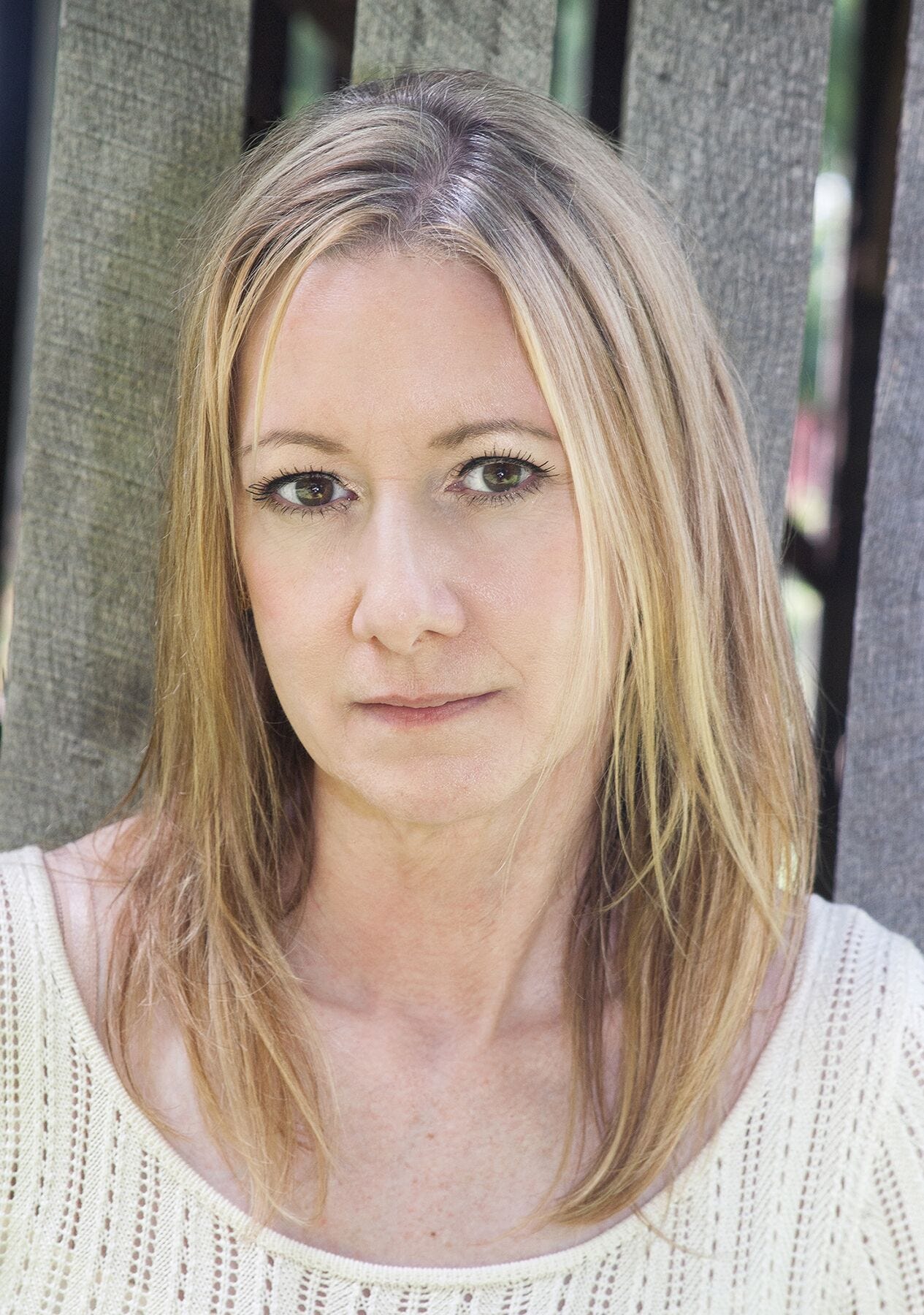If your writing was having a conversation with a reader, what is it trying to say? What secrets might it reveal?
I hope it says this world is weird and wonderful and surprising. Everything I write carries a feral piece of me—my fears, needs, desires, interests, emotions—folded over again and again, until they’re small enough to slip between the words.
What’s more important, the writer’s intent or the reader’s discovery?
Writer’s intent. I can’t control what readers discover. They see through a different lens, offer their own interpretation. Art is a lovely collaboration of creator and viewer in that way.
What are your favorite things to write about? Those topics or items you can’t stop thinking about!
Family dysfunction follows after me and I can’t outrun it. I’ve tried.
What’s your favorite point of view? Why are you drawn to this particular voice/perspective?
First person because it’s easier for me to crawl inside the characters and become them, experience what they experience. I’m as close as I can be.
What’s your favorite craft element to focus on when writing flash? Is there an element you wish you could avoid?
Language is my favorite. Reading a flash narrative is like a first date. Clunky sentences and I’m out the back door without a word. I don’t want that for my readers.
Also important, though not a craft element, is weirdness of some sort. Flash loves weirdness. I’m fascinated with settings and circumstances that are desperate to be normal, but something’s off, some otherness readers can sense. Like we’re minding our own business, and we think we know where we are, but we opened some strange door and now we’re deep in the middle of a Coen brothers film.
How do you know when a story is done or at least ready to test the submission waters?
A story is done when it works, plus, a story is never done. I’ve submitted too soon, and I’ve let stories sit around for years before submitting. I have no idea.
When looking for places to submit your flash, what are your priorities for finding a good home for your work?
1. I have to respect the journal and like what they represent and publish.
2. I like to see a journal actively supporting writers on social media, beyond just the published story in their journal.
3. I prefer the journal have a website that will have a specific URL for my story rather than a general link to an issue, leaving readers to search for it.
There are so many great journals that do all of the above and I wish I had a good story to send to each.
What do you know now about writing flash or other forms that you wished you had known from the beginning?
I wish I’d have understood how variable, fragmented, and elusive the creative process is. How no matter what happens—smooth writing, clunky sentences, confusion, being stuck, frustration, procrastinating, laundry, cleaning closets, understanding, being confused, getting lost, epiphany, first draft high, finding my way, a day of slogging, thinking it’s only me, getting lost again, thinking too much, walking to get away, discovering a shortcut, reading someone else and knowing I could never be that good—all of it is normal and everything will be okay.
What resource (a book, essay, story, person, literary journal) has helped you develop your flash fiction writing?
Everything. Stories, interviews, craft essays, classes, workshops, lyric essays, the news (stranger than fiction), Best Small Fictions, Wigleaf 50, a willingness to sit at the computer, an openness to feedback, consuming art of any kind, being open to the world, and any kind of weather.
What’s your favorite way to interact with the writing community? Do you have any advice for writers trying to add to their own writing communities?
Twitter is great for that, but so are online classes and readings.
A novel, a micro, and a poem go to a bar together. What happens?
The novel and poem often take their micro to a bar. They’ve never been the best parents. The novel buys a round for the bar, thinking that buys the right to be self-involved and long-winded, spouting words to two drunks who will listen for a pint, while the poem vibrates nervously against the wall, chain-smoking, leaving burnt and ashed butts banked in the tray with lipsticked collars. The micro slots quarters in the jukebox and noses up to the pool table to charm his fingertips on the green felt and better hear the crack of the break—the sound of what it must feel like to run free.
If you could recommend a few flash stories or writers, who/what would it be?
There are so many great flash writers, I can’t list a few without listing a hundred. You can find their names in all the amazing flash journals.
What story of yours do you want us to read?
The most recent published story is “The Dar-Ron Motel” at Okay Donkey Magazine.
I would love it if people would read my next story, “Hello?” to be published at Jellyfish Review on November 5, 2022. It’s the first story published from a novella-in-flash I’m working on.
Until then, I’d love people to read a micro from 2019: “Boy Things” at New Flash Fiction Review
Bio: Julia Strayer has stories in Glimmer Train, Kenyon Review online, Cincinnati Review, SmokeLong Quarterly, and others, including The Best Small Fictions anthology. She teaches creative writing at New York University and is at work on a novel and a novella-in-flash. https://juliastrayer.com



Great read; I really enjoy your interviews. It’s a nice way to find new authors and flash publications.